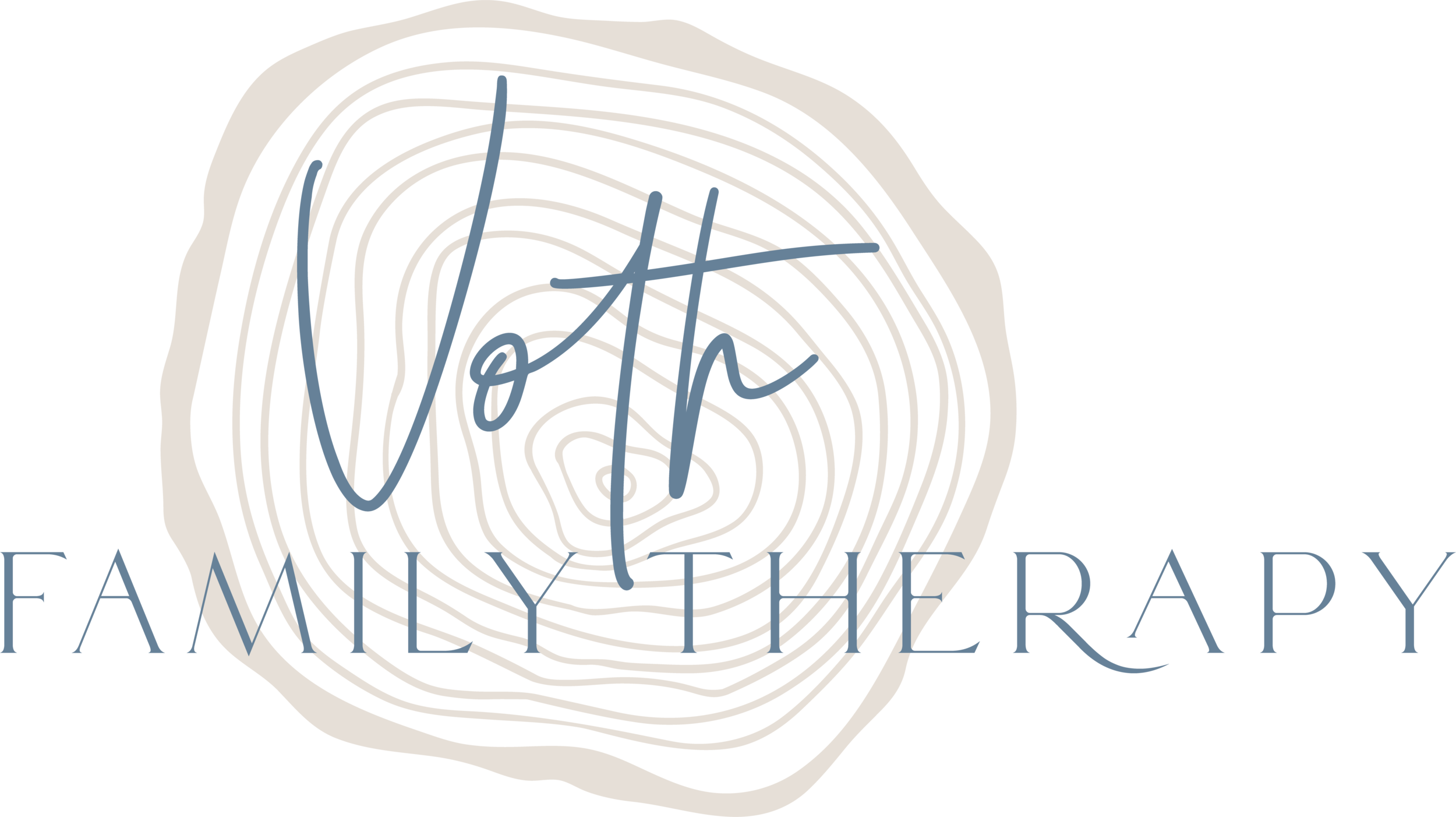Emptiness
I want to start by saying that I’m not a person who likes “stuff”. First, I despise dusting, so knick-knacks are merely an annoyance because they’re just one more thing to clean. Secondly, I spent the better part of a decade of university living in tiny spaces and moving home every summer – space was at a premium and moving was a lot of work, so owning fewer possessions was a wise idea. It was during those years in school that I developed a habit of doing a semi-annual purge to clean out the stuff I didn’t need or want anymore. After the holidays was one of the times I usually did a major clean-out. Inevitably I’d end up with a bunch of gifts to bring home after the Christmas gathering circuit and had to play Survivor with the items I already owned to decide what to keep and what to donate. Hauling a few boxes off to the thrift store afterward always felt cleansing, my closets and cupboards were organized, it was a fresh start for the New Year. So even though I don’t move around annually anymore (THANK GOD), I’ve maintained the practice of an annual or semi-annual purge because it feels great.
Now Christmas is still several weeks away, but I recently got to thinking about this purging habit when I noticed a reluctance to get rid of some items I don’t really like anymore. I pride myself on my minimalist practices, so why the resistance to part with things that aren’t serving me well or meeting my needs? After giving this a lot of thought, here’s what I came up with.
Keeping things I don’t really like serves a purpose. The item takes up a space visually and spatially so that I don’t have to see a void, emptiness. Our society doesn’t like things to be empty, we like full. Full plates, full houses, full schedules, full minds. What makes emptiness so uncomfortable is what we believe it signifies – the absence of something, or in other words, a lack or shortcoming. Empty space is like silence, we have a compulsion to fill it not because it is inherently bad, but because of how it makes us feel and the value we have assigned to it. Emptiness brings up all kinds of emotions – am I inadequate (because I’m unable to fill this void)? Do I look poor, cheap, or as though I have no taste? This thing I have is good enough, and isn’t good enough better than nothing (am I too demanding or needy to want more or better)? There it is – the idea that something I dislike is better than nothing at all. That must mean that on the continuum of satisfaction, the least desirable situation is nothing, emptiness, a void, or blank space. The next best thing is something that we don’t like (because it’s “better than nothing”). Even if it’s ugly, broken, someone else’s taste, old and worn, outdated, not quite the right fit, it’s “better than nothing”! Strangely, it seems that on this satisfaction continuum of worst (being nothing) and best (being the ideal thing), there isn’t much space between nothing and something that fills the void, but there is a huge gap between that thing that fills the void and the thing we really want.
Why does it seem like what we really want is so inaccessible or unattainable? Are there actual barriers to what we desire? Or maybe it’s the fact that we’ve got a space filler there. That space filler takes away the discomfort of the emptiness, and discomfort is incredibly motivating. Like the so-called awkwardness of silence, the discomfort of emptiness makes us want to fill it. So as long as we fill that space with something, we don’t feel uncomfortable. However, I would argue also that while that space is occupied by something less-than-ideal, the ideal thing can’t come along because there’s no room for it. Just think for a minute—if we could tolerate the discomfort of emptiness and create a blank space, what might we be creating an opening for?
Minimalism isn’t just about stuff, it’s about our emotions, relationships, behaviours and attitudes. In fact, I believe that our attitudes about our belongings generally mirror the way we handle feelings, relationships and our thoughts. If you’re clinging to something that doesn’t serve you well anymore like anger or jealousy, old hurts or an old flame, someone you’ve outgrown or a mindset that doesn’t fit your current experience, I wonder what might be able to come into that spot if you were able to let go of the old stuff? Put another way, what are those things you don’t need any more preventing you from having? Clearing this space isn’t just about making room for something else to fill it, it’s also about creating an opportunity for personal growth and learning within the void. It’s possible that what’s going to serve you best isn’t even something else but instead simply the absence of that old thing, or an opening that isn’t immediately filled.
If you notice yourself keeping stuff that doesn’t make you happy or isn’t quite adequate because it is better than letting it go and better than having nothing at all, challenge that idea. That can feel overwhelming, but it’s the braver, truer thing to do than hanging onto things that don’t fulfill you. The things that don’t meet your needs take up the space that would otherwise be available to something that could. As long as the space is filled, neither that something nor the lightness that emptiness can bring will be able to come your way.
Thanks for reading! For more great content, follow Voth Family Therapy on Facebook!
BLOG AUTHOR
JODIE VOTH
JODIE IS A FULL-TIME THERAPIST AND OWNER OF VOTH FAMILY THERAPY.


